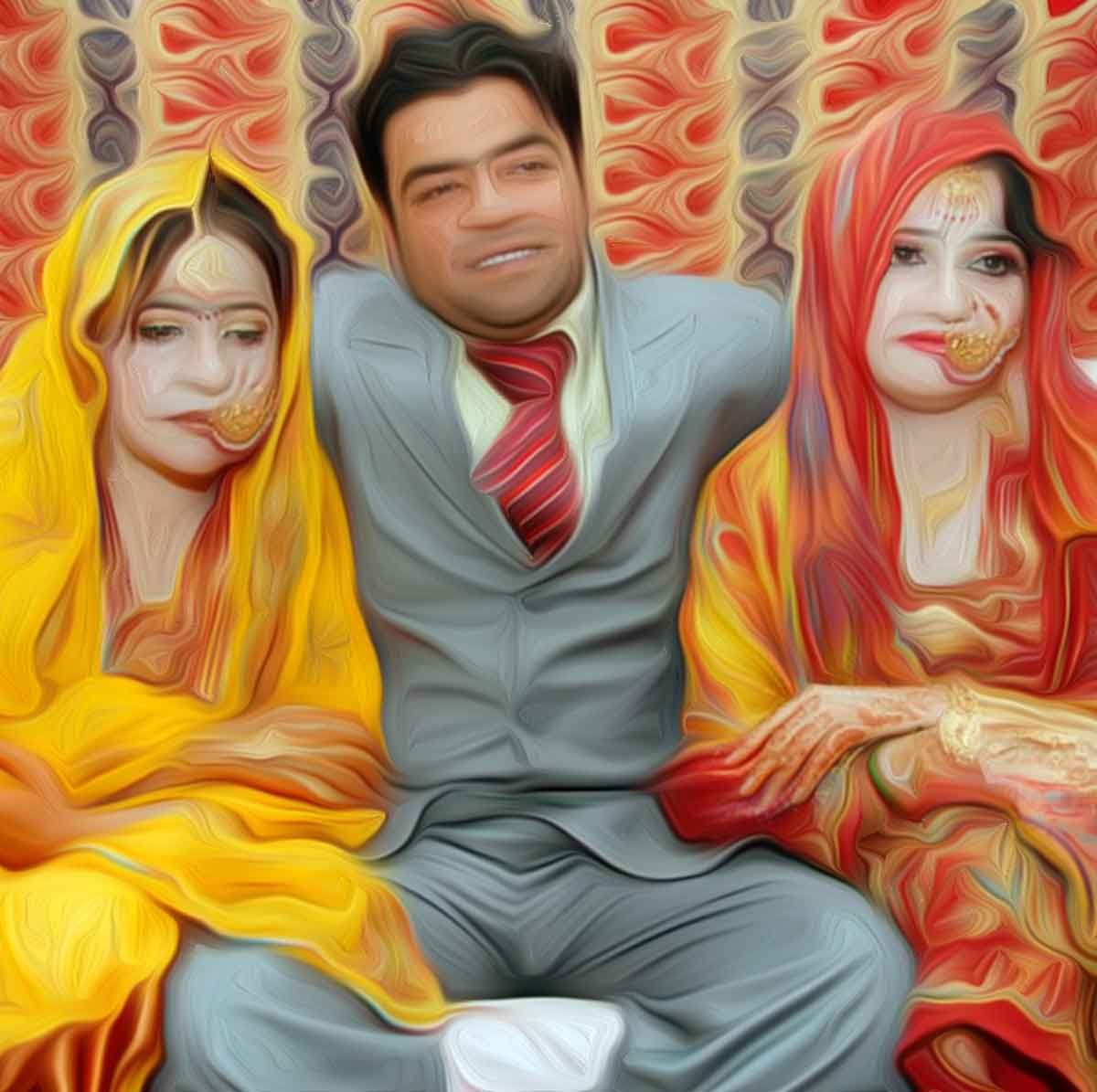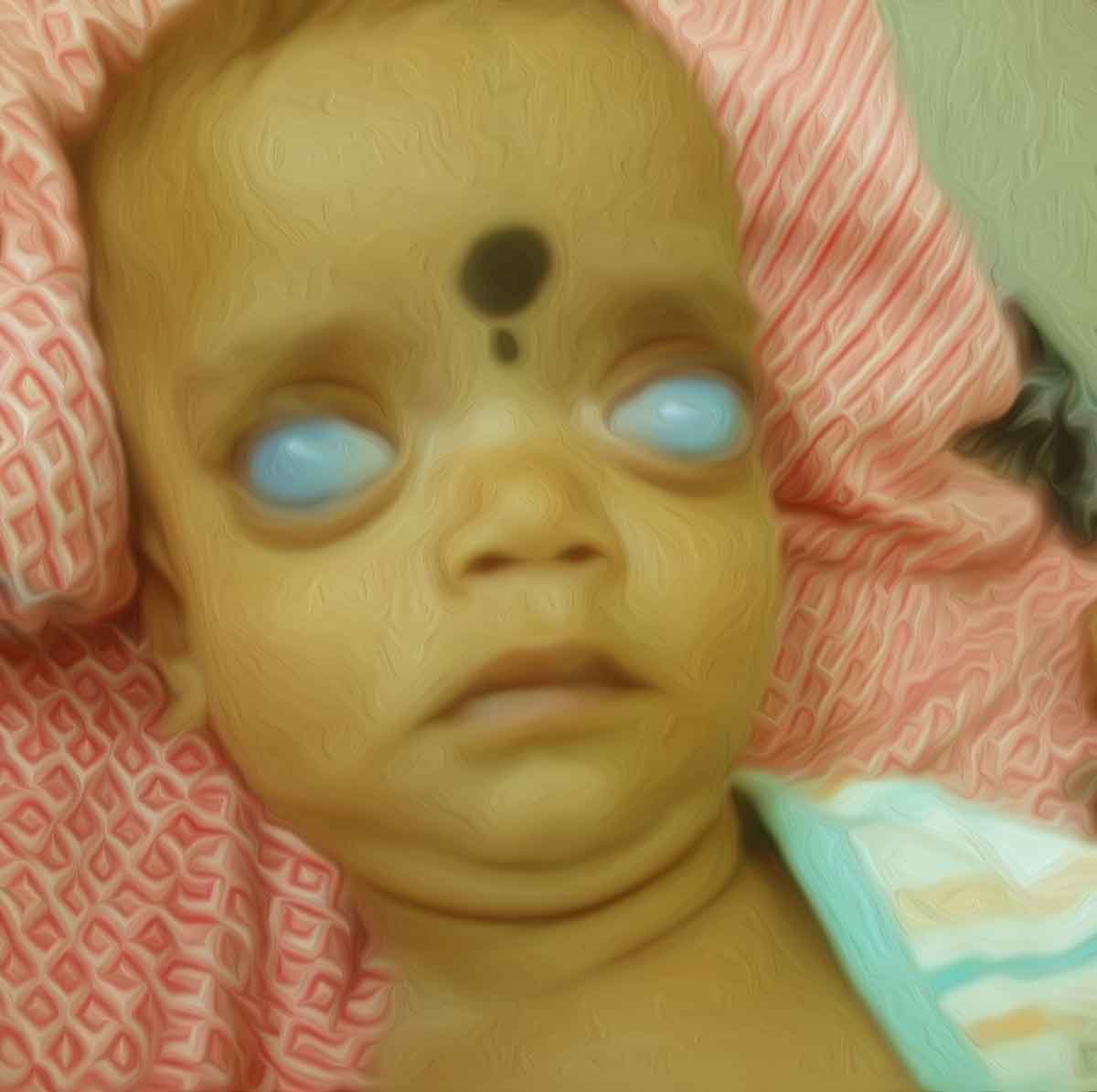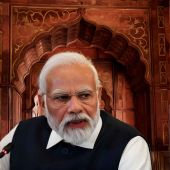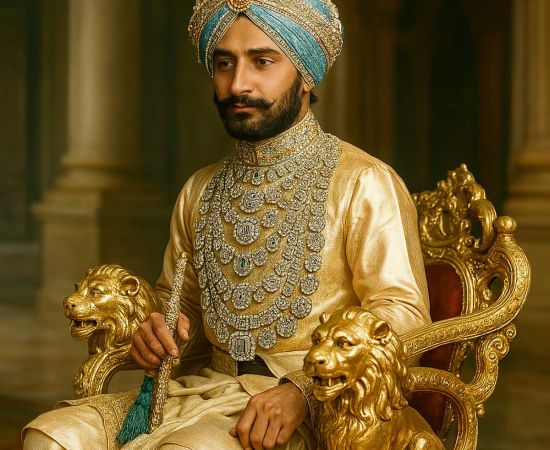Due to cousin marriages in Pakistan, inbreeding is resulting in an unusually higher number of genetic disorders among children: Report

Inbreeding has been creating a series of health problems in children for decades in Pakistan. The problem is not limited to Pakistan as a country, but it is a concern among Pakistanis across the world. In a recent report in DW by S Khan, the author discussed how Pakistan is facing many medical challenges due to the high rate of cousin marriages.
In Pakistan, inbreeding is resulting in an unusually higher number of genetic disorders among children. Despite being aware of the consequences, cousin marriages are still a norm in many communities in the country.
They are aware but still practice cousin marriage
DW talked to one 56-year-old Ghafoor Hussain Shah who works as a teacher and has eight children. A resident of Pakistan Occupied Kashmir, Shah was married to his maternal cousin in 1987. Out of eight children, three suffer from disorders. One of his son’s brains could not develop to normal size. One of his daughters has hearing problems, while another daughter has a speech disability.
Despite being aware of what inbreeding could lead to, he has to follow the tribal custom and fine spouse for his children within his extended family. His family medical history includes an array of genetic disorders, including deafness, blindness, learning disabilities, blood disorders, and more.
There are several cases like Shah in Pakistan. According to a report in Dawn, there is a village named Mian Kalay in Pakistan where inbreeding is a common practice. Mohammad Gul, a resident of Mian Kalay, has a 36-year-old daughter Salma Bibi who was born as a flaccid baby. She cannot walk properly and needs assistance from her family members as she is too weak to control her motor functions. Dr. Kashif Ali Khan of Lady Reading Hospital, Peshawar, told Dawn that cases like Salma are hard to be treated as these rare genetic disorders.
 |
Studies show a high rate of consanguineous marriages in Pakistan
In 2013, the University of Leeds, in association with the University of Bradford, published a study titled “Key factors in understanding differences in rates of birth defects identified” [Study] in which they discussed how consanguineous marriages were behind congenital disabilities in children is up to 77 percent cases.
According to a study titled “Identifying Genes Responsible for Intellectual Disability in Consanguineous Families” [PDF] by Zafar Iqbal, the rate of consanguinity is very high in Pakistan (>60%). It further added 17% to 38% of the consanguineous marriages in Pakistan are between first cousins. The study stated it is one of the main causes of infant mortality in Pakistan. If the child survives, there is a high chance the child either would have a genetic disorder or would develop a health problem in the long run.
Pakistani institutions like Kohat University of Science & Technology maintain the genetic mutation database of Pakistan. It identifies and tracks different types of mutations and disorders caused mainly by inbreeding among Pakistani children. It has over 1,000 mutations on record in 130 different kinds of genetic disorders that are found in different regions, including Punjab, Khyber Pakhtoonkhwa, Balochistan, Sindh, Gilgit Baltistan, FATA, and Pakistan Occupied Kashmir.
According to experts, the most common genetic disorder found in children in Pakistan is Thalassemia, an inherited blood disorder that bars red blood cells from absorbing oxygen.
Religious leaders refuse to support health experts
Health experts in Pakistan have tried to convince clerics to spread awareness about genetic disorders and health issues linked to cousin marriages. However, the clerics bluntly refuse to provide any support. According to these religious leaders, inbreeding is in accordance with Islamic Sharia law and the traditions of Prophet Mohammad. The belief system is strongly in favour of inbreeding. So much so if someday the government decides to ban cousin marriages, it would face resistance from the public.
 |
Cousin marriages beyond borders
The problem of inbreeding is not limited to Pakistanis living in Pakistan alone. Cousin marriages are common in Pakistani communities in other countries as well. According to a 2015 report in The Telegraph, Pakistani communities in Britain have an alarmingly high number of cousin marriages leading to genetic disorders in children. The report suggested such marriages are also common among Arabs and Africans living in the UK.
Another report from 2008 suggested Pakistani community is responsible for 3% of births in the UK. However, due to a high number of cousin marriages, the Pakistani community is responsible for 30% of the children born with recessive genetic disorders. The same report suggested 55% of Pakistanis living in Bradford were married to their first cousin.
References:
 Support Us
Support Us
Satyagraha was born from the heart of our land, with an undying aim to unveil the true essence of Bharat. It seeks to illuminate the hidden tales of our valiant freedom fighters and the rich chronicles that haven't yet sung their complete melody in the mainstream.
While platforms like NDTV and 'The Wire' effortlessly garner funds under the banner of safeguarding democracy, we at Satyagraha walk a different path. Our strength and resonance come from you. In this journey to weave a stronger Bharat, every little contribution amplifies our voice. Let's come together, contribute as you can, and champion the true spirit of our nation.
 |  |  |
| ICICI Bank of Satyaagrah | Razorpay Bank of Satyaagrah | PayPal Bank of Satyaagrah - For International Payments |
If all above doesn't work, then try the LINK below:
Please share the article on other platforms
DISCLAIMER: The author is solely responsible for the views expressed in this article. The author carries the responsibility for citing and/or licensing of images utilized within the text. The website also frequently uses non-commercial images for representational purposes only in line with the article. We are not responsible for the authenticity of such images. If some images have a copyright issue, we request the person/entity to contact us at This email address is being protected from spambots. You need JavaScript enabled to view it. and we will take the necessary actions to resolve the issue.
Related Articles
- Muslim fundamentalists are not afraid of the Supreme Court of Pakistan and the government, demolished famous Hinglaj Mata Mandir in Pakistan: 11th attack in 22 months by religious fanatics
- Car manufacturers Celebrating Pro-terrorism stand on Kashmir has invited massive criticism from National auto dealers’ body: Urges the Ministry of Heavy Industries & SIAM India to seek clarifications
- Pakistan has repeatedly raised concerns about atrocities on Muslims anywhere in the world, but joined China in the exploitation of Uyghur Muslims in Xinjiang: China has done large investments in Pakistan
- Indian Ambassador TS Tirumurti raised the issue of 'Hindumisia' at the UN forum during the International Counter-Terrorism Conference 2022; raised awareness about Hinduphobia that is rising across the world
- Samajwadi Party workers raise anti-National, pro-Pakistan slogans during a rally in Kanpur, Uttar Pradesh
- e-commerce giant Amazon hurt Indian sentiments by printing national symbols on various products like shoes, mugs, and T-shirts: FIR registered and Bhopal Police Commissioner sent notice to the company
- Twitter says it removed verified badge from Vice President Venkaiah Naidu’s account due to ‘inactivity’: Here is why their argument is flawed
- Ministry of External Affairs summons South Korea Ambassador over the pro-terror stance of Hyundai Pakistan on Kashmir and expressed strong displeasure of the Government: Korean Minister Yong exhibit regret
- China's 39 Air Force aircraft breached the air defence zone of Taiwan on Sunday as the largest incursion in Taiwanese territory since Oct 2021: Aggression of Communist regime continues
- Supreme Court dismisses plea seeking protection of Hindus from the Muslim community in Mewat
- More controversial TISS papers surface: ‘India controlled Kashmir’, ‘Military Occupation’, romance with a research subject and embracing Islam
- Blacklist term may end this month for New Zealand YouTuber Karl Rock, had insinuated Govt of India’s personal vendetta against him in a recent video
- Are We Alone in the Universe? NASA hints at the possibility of extra-terrestrial life, wants to establish New framework
- Mass religious conversion racket reaches Gujarat: How Santosh went missing and returned as Abdullah
- "We won’t be able to evacuate American citizens if Russia attacks Ukraine" says President Biden: US Govt authorizes departure of govt employees from Ukraine amid escalating tensions













